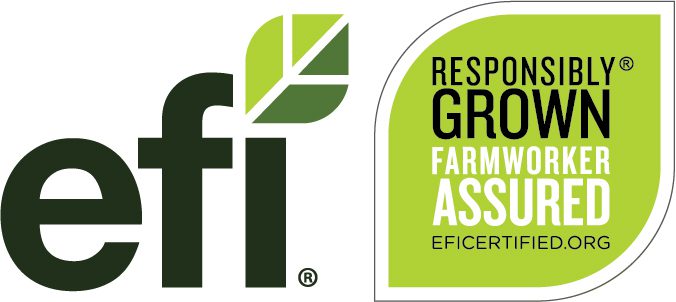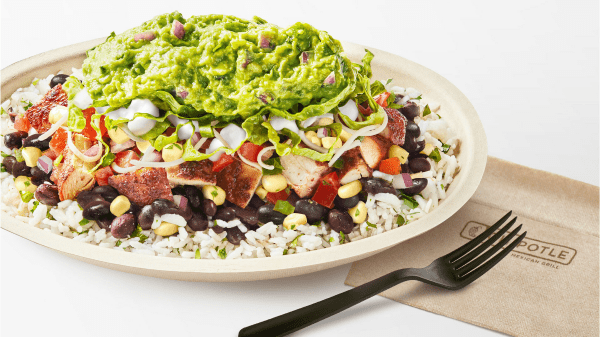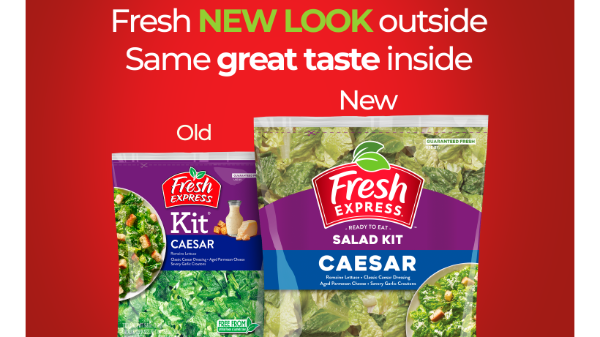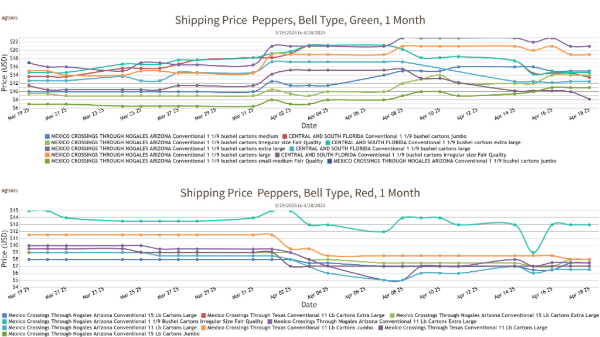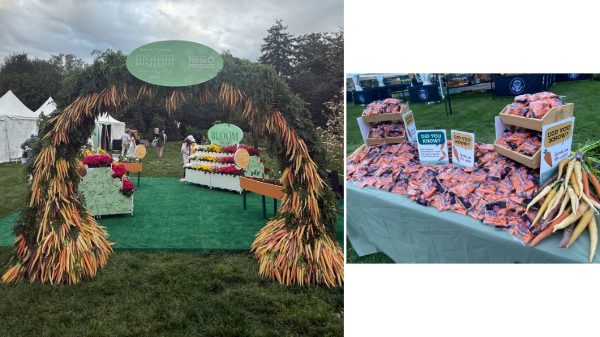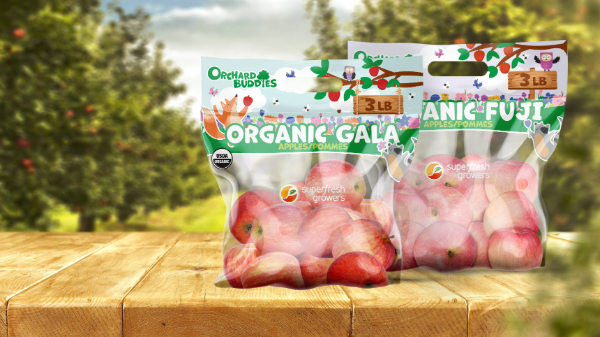Welcome to Blue Book!
Are you ready to join the thousands of companies who rely on Blue Book to drive smarter decisions? View our plans and get started today!
Still have questions? We’d love to show you what Blue Book can do for you. Drop us a line– we’ve been waiting for you.

We’re engaged on all these issues plus many others, and we do this through collaborative partnerships with other regional and national trade associations, by working with city, state, and federal elected officials, and through close working relationships with state and federal agencies.
Jungmeyer: One of the key issues right now is getting ready for the Food Safety Modernization Act (FSMA) and waiting for the proposed rules to become final. Some training materials aren’t fully completed yet, including some that affect importers. Although the training component is coming within the next 12 months, we’re going to be in a crunch.
Our members really need to know [this information] because importers will be working with growers, making new arrangements, and without the curriculum they’re operating without the best tools. This is a challenge we’re doing our best to work around.
Another challenge continues to be coordinating with different agencies on both sides of the border. It can get very complex if one of these partners makes changes. For example, if a checkpoint on the Mexican side is moved, it can cause a huge bottleneck on the U.S. side. If one side changes a procedure, location, or personnel, it can impact trade—and what was a well-oiled machine can grind to a halt.
What are some of your major successes over the last few years?
Erickson: On the domestic side, TIPA has led the effort on several specialty crop block grants, which help promote Texas produce. We have also spearheaded several water conservation grants for onion, melon, and citrus production. These projects helped increase consumption of Texas-grown produce, improve irrigation techniques, and created educational opportunities for Texas producers.
We also awarded several scholarships for college students to study toward a career in the fresh produce industry. One of our biggest challenges is to develop a pipeline of future talent, and our Texas Produce Hall of Fame has raised thousands of dollars toward the effort.
On the import side of things, we successfully lobbied for an ‘overweight corridor’ to help alleviate truck congestion in deep South Texas due to rapidly increasing imported produce volumes. We’ve seen the development of new partnerships between the USDA and the CBP to improve the efficiency of insect identifications at major produce ports of entry.
We have also more than doubled the number of FDA inspectors at our ports of entry, seen a significant reduction is FDA review hold times, and an expansion of CBP cargo release authorizations, which means less time spent waiting for insect identifications. We also successfully lobbied the state of Texas to put up nearly $1 million to help pay for expanded hours of coverage at Texas ports.
Jungmeyer: In 2014, the Omnibus bill passed by Congress allowed for 2,000 more customs officers to be hired. This was a success, but we still haven’t gotten all of those officers hired. In fact, they’ve only hired 1,100 nationally.



